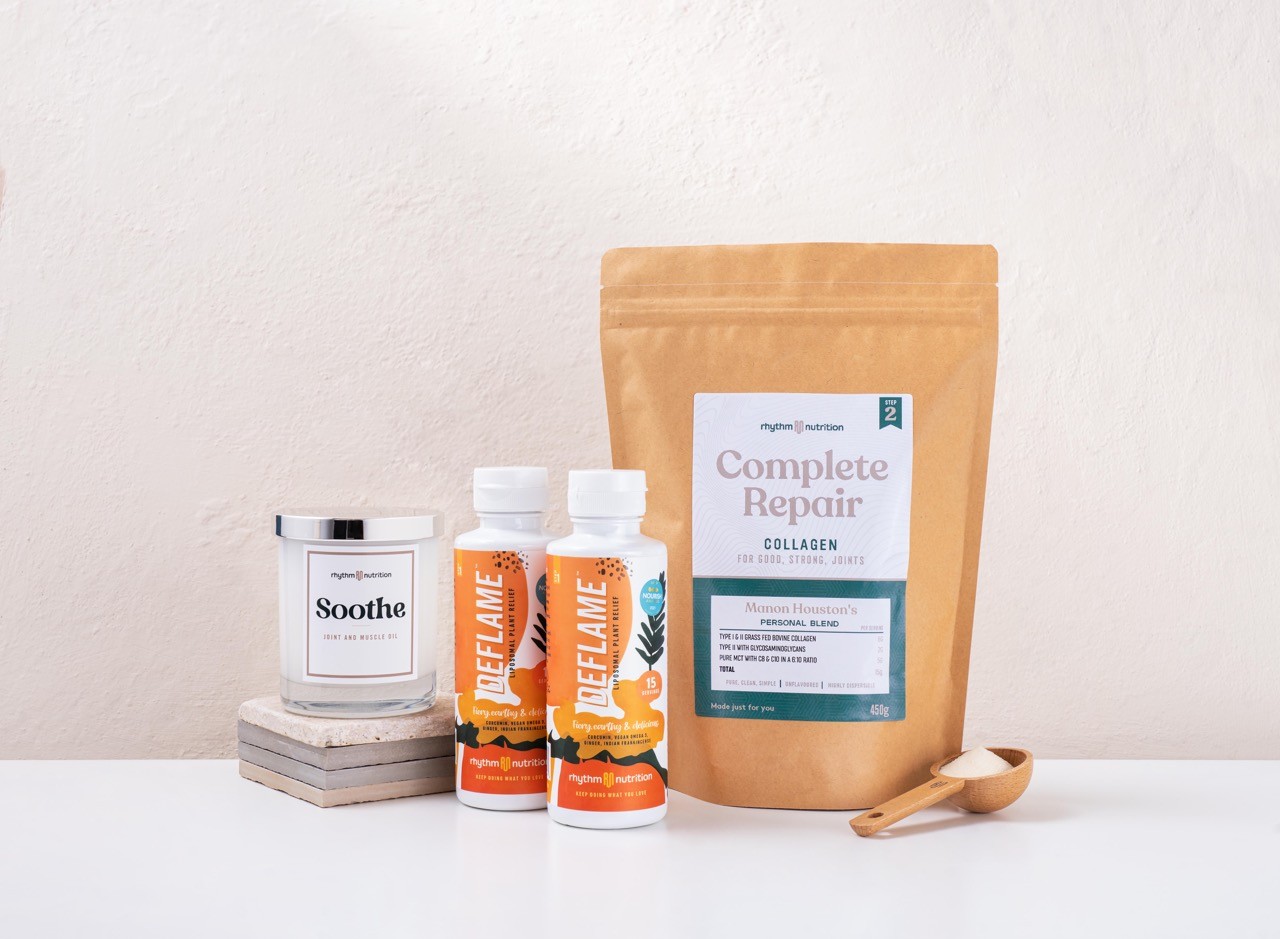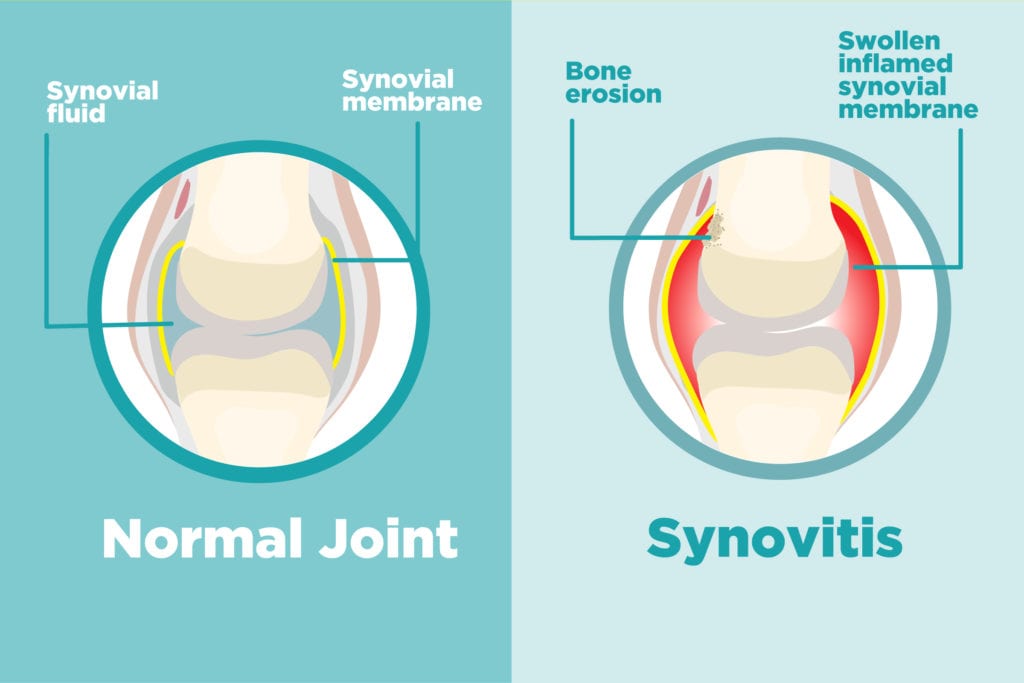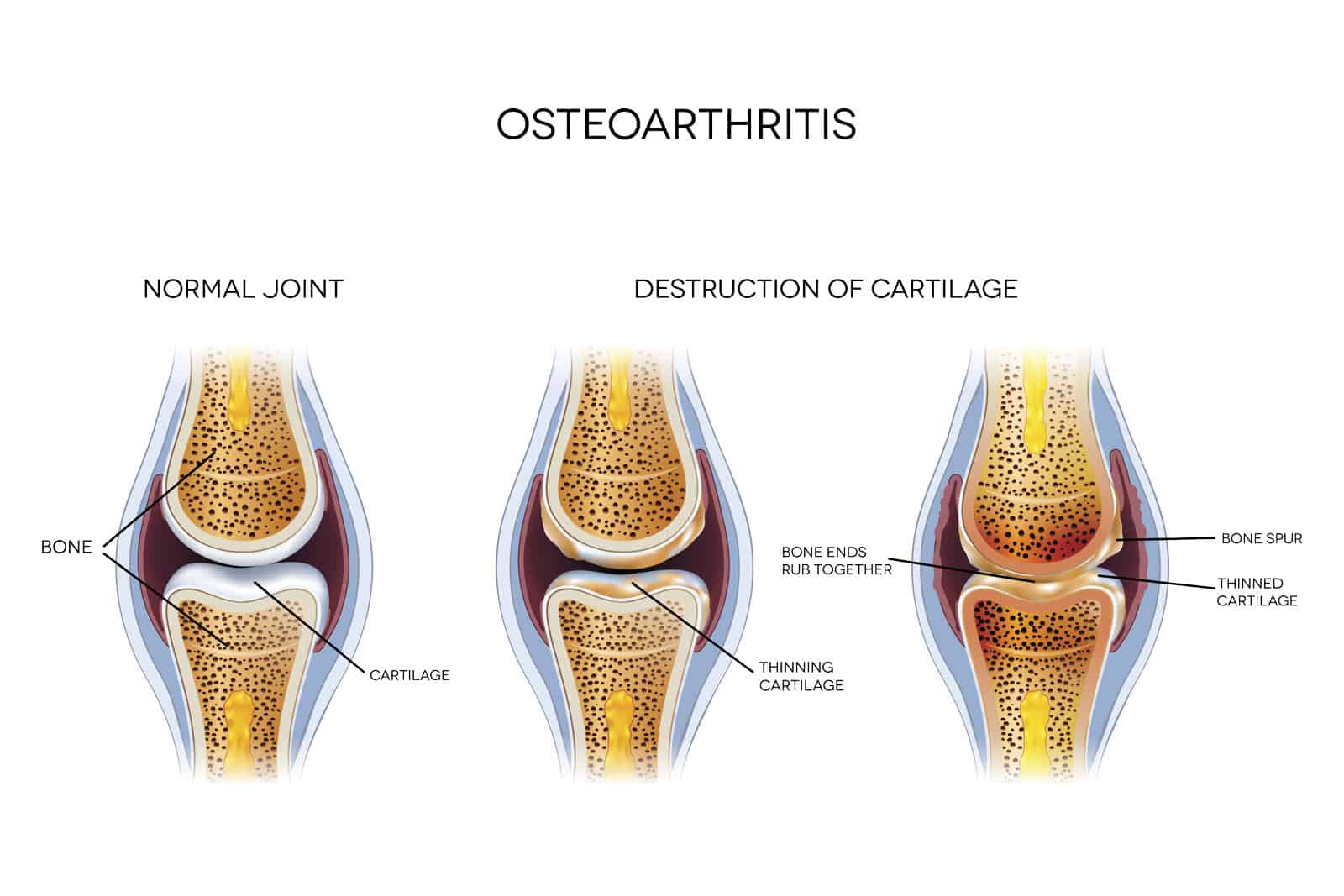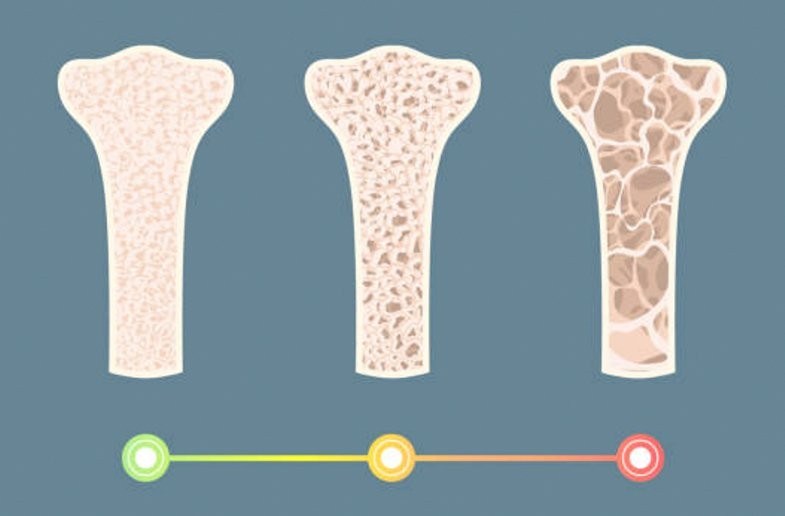
I'm worried that my ability to move is going to reduce with time, and that it's going to stop me from doing the things that matter to me.
YES. THAT'S HOW I FEEL.
The problem we're all facing
How do we keep living the life we want to live as we age?
Having suffered from chronic joint pain for years, this topic is very close to our hearts.
Know that you are not alone. Over 20 million people in the UK suffer from pain that affects their mobility. That's 1 in 3 people!
Pain affects our ability to move, which makes us extremely limited. It affects every aspect of our lives and the lives of those around us.
It is very clear to us that we want to live pain-free and independently and reduce the risk of chronic joint pain today for a better future.
That's why at Rhythm Nutrition, we focus on improving our daily lives by developing clean, innovative products that relieve chronic joint pain and improve mobility.
It all starts with:
PAIN
Pain is the thing that holds us back
When it hurts to move, it may seem like a good idea to stop moving to protect our joints from the pain.
Unfortunately, research suggests quite the opposite. The less we move our joints, the stiffer and more painful they become, and the muscles that protect and surround them become weaker, making us more prone to injury. It can turn into a vicious cycle.
Most joint pain is related to ARTHRITIS
It affects over 10m people in the UK
(one in six people)
The impact is huge.
As soon as your mobility starts to become more limited, it quickly leads to:
Fatigue
Loss of mobility
Weight gain
Lower mood
Loss of independence
Loss of confidence
Not good. Life is too precious to feel this way
Together these symptoms can steal life’s fundamentals, affecting how we move, think, sleep and feel, our ability to work and spend time with loved ones and our abnility to pursue the activities and interests that make life worth living.
How do we reverse this pattern?
When we talk about moving we're really referring to the function of our muscles and our skeleton including bones, joints, joint-tissues etc.
We have come to realise that there are three types of chronic condition that impact our ability to move well. These are:
Inflammation
Wear and tear
Soft bones
Underdtanding this, we have developed a range of products to address each of these
1. Inflammation
The pain that you're feeling in your joints is caused by inflammation.
Whether its swelling caused by bone-on-bone impact caused by osteo-arthritis, or if it's an auto-immune condition like rheumatoid or psioratic arthritis, addressing inflammation is crucial to recovery.

What we want to avoid: Long term reliance on painkillers.
Whilst painkillers have a role when it comes to providing relief, they cannot be a long term solution.
Why?
Because regular use has been shown to damage our gut lining, compromising its integrity and leading to a leaky gut, which leads to further inflammation.
What can you do?
The first step towards addressing chronic inflammation is to understand what it is that is triggering unwanted inflammation in the body, which could be poor diet, lack of sleep, lack of movement, loneliness, stress.
Pain<-Inflammation <- Triggers (lifestyle factors, sleep, environment, stress, exercise, nutritoin)
A great place to find out more information is to get our weekly newsletter which includes helpful articles, tips.
The second step is to take pro-active steps to reduce it. introduce Deflame here
2. Wear and Tear
We're really talking about Osteoarthritis which is a progressive generation of joints in the body.
Unfortunately it most often affects weight bearing joints just as hips, knees, and ankles
This is when the cartilage within a joint begins to break down and the underlying bone begins to erode.
This can occur due to aging, inflammation in the joints, repetitive injuries, and over-use.

We want to try our best to avoid: surgery
Sometimes its unavoidable but surgery should be a last resort because it's invasive, require a huge rehabiliation effort, and puts you our of action for months. It's possible to prevent or delay it.
The other option is medication
Non-drug related treatments
This is where we come in. The idea is to improve the quality of life through reducing joint pain and stiffness and enabling functional ability.
Pain <- Wear and Tear <- Triggers (Injuries, Inflammaging, Ageing, overuse)
As we age, we know that our natural collagen production starts to decline after the age of 25 which is part of the
problem. This is also true for the collagen that our cartilage is made up of (type 2). Once it decline, it causes more bone friction.
Solutions - Keep moving, curb inflammation, eat protein and collagen rich foods and supplement with type 2 inlcuded in it.
3. Soft bones
Most people are not aware of the British Government's recommendation to supplement with vitamin D in Autumn and Winter.
Low-level vitamin D is directly linked to brittle bones and joints.

3 million in the UK have osteoporosis.
Bone density is really important. Normal, healthy bones are strong enough to support your weight and absorb impact. Soft bones that fracture easily is a massive health risk.
Why?
Because of fragility-fractures due to weak bones.
Pain <- Wear and Tear <- Triggers (not enough exercise, obesity, poor nutrition, inflammatory disorders, vices)
So much so that studies have shown that over a certain age, 25% of people don't live past 3 months after a hip fracture.
Solutions - Fall prevention and facture treatment.
Eat foods to support bone health.
Collagen + Forcefield
I was having to go up the stairs on all fours
Rover - Golden Retriever
Bundles
Painkillers and OTC anti-inflammatory medication.

Imagine the risk of not trying it
If you don't feel the difference, we give you your money back.
It's what they call 'a no brainer'.
Get Started
Learn More
1